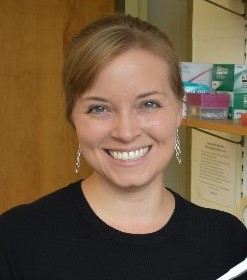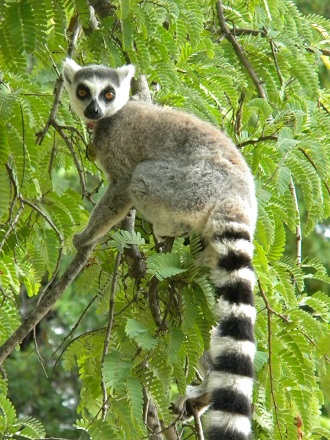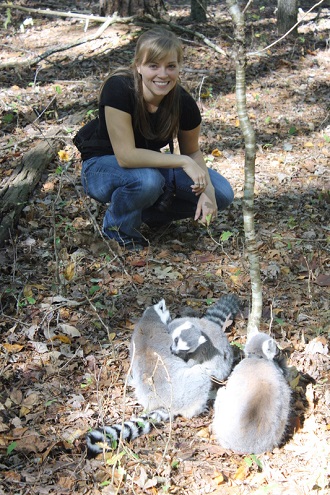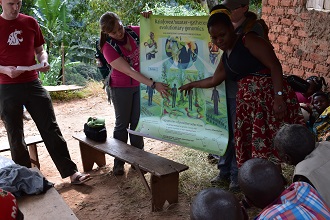About the department: The University of Cincinnati is the oldest higher ed institution in the area and the second largest university in Ohio. It's an R1 public research university located in the heart of downtown Cincinnati, right next to the Cincinnati Zoo. As an interdisciplinary member of both the Anthropology and Biological Sciences Departments, I get to interact with an extremely broad range of research expertise and teach across disciplines.
About the research: My lab investigates the impact of genetic and epigenetic variation on differences in fitness across environmental conditions. With the effects of human-induced climate change becoming more pronounced, research at the intersection of the environmental change, evolutionary genomics, and individual fitness is critical to our ability to conserve biodiversity and understand humanity’s ability to adapt to climate change. By using human and non-human primate models, our work has direct applications to both human health research and conservation work. To ask these questions, we integrate anthropological genomics, evolutionary biology, and biomedicine, and apply our findings widely, from the conservation of endangered species to improving human health. I am currently developing projects to examine how long-term environmental change has affected human hunter-gatherers in Southwest Uganda and how short-term environmental variation affects wild ring-tailed lemurs in Southwest Madagascar.
What has been the biggest challenge as a new PI so far? Honestly, the pandemic has been really difficult. Most of my research program is field-based and we simply aren't able to travel internationally right now. Luckily it's given me a chance to write up a lot of old work and jump into grant writing.
How do you/will you approach mentoring new lab members? Mentoring my lab is extremely important to me, which is why last summer I took the time to develop a lab Code of Conduct and a Mentor-Mentee Agreement for my laboratory, which are posted on my website.
When and why did you become a SSE member? I've been a member of SSE since the end of my PhD in 2014.
What does becoming a SSE member mean to you or your career? Being a member of SSE has meant that I have the opportunity to expand my research horizons and also bring more non-human primate research into evolutionary biology. Traditionally, primates haven't been included, but as technologies get cheaper, primates offer some very unique and exciting opportunities to study evolutionary biology.
Do you teach evolution? What is the hardest concept to teach? I teach the concept of evolution in every one of my classes, although I haven't taught a class on evolution yet. I find evolution itself and the mechanisms the hardest to teach, which is why some colleagues and I actually write a manuscript a few years ago on
an activity using Post-its to teach evolution.
Do you have a time management tip to share? Do your planning for next week on Friday afternoon. That way when you come into the office on Monday, you know exactly what you should be doing.
What is your favorite app? KanBanFlow and Toggl. I would be lost without them.
What one piece of advice would you give to a starting graduate student? Stop treating graduate school as a 'temporary few years of over-working, after which you will start having freetime'. It's your life. Start living it now. If you over-work for the 4-7 years of your PhD (or postdoc), it will be extremely hard to break that habit as a new PI. The work will still be there for you on Monday morning or after your vacation.
Did you ever have something go wrong in a talk? Hasn't everyone? The most stressful one however, was having my very old laptop crash right before 3 different faculty interview job talks. Fortunately, I had loaded the talk onto Google Drive, my email, and a thumbdrive and was able to use the computer in the room.
Do you remember making any mistakes as a trainee; how did you recover? Ha. Only ever other week. You recover by acknowledging that science is rarely perfect, everyone makes mistakes, and that a mistake is rarely the end of the world.
What do you enjoy doing in your free time? I run with my dogs, hike with friends, and cook. I also devour fiction novels.
 Kathleen (Katie) Grogan
Kathleen (Katie) Grogan

